ARTIST STATEMENT: JONATHAN JACKSON
What is the value of mystery in our life? Do you believe in the past? Does the past shape our contemporary lives in immeasurable ways? These questions were the driving force for me to begin making self-portrait photographs on the eve of 2013. I wanted to create images that reflected my interior voice and visualized the invisible systems working around my identity. Through this work, self-portraiture became a system of measurement within my life. Working in the lineage of photographic influences of Carrie Mae Weems, Lorna Simpson, and Lyle Ashton Harris, I create works that aim to engage the mystery of the past. Within the past year, through gaining a clearer vision of my ancestry within the United States, I have begun a new system of working that is heavily research-based. I focus on engaging with historical facts through objects, landscape, and the human form. I am often struck by the processes many Black Americans have gone through to preserve their cultural origin. Many can trace their roots through the complicated diasporic web of the United States through oral lore, music, and specific spiritual practices. In my case, I had assumed the position that I was of a people that came from nowhere.
The images included within this publication are a summarization of a body of work being built around a book called The House Servants Directory, that was written 1827 by my fifth great grandfather Robert Roberts. This text was written in Waltham, Massachusetts while Roberts was employed by U.S. diplomat, Christopher Gore. My work seeks to question the action and intimacy of servitude, explore the day to day lives of Black Americans during the early to mid-nineteenth century, and meditate on predetermined fate built by family. I am interested in addressing broad conceptual questions around Roberts life: How did Roberts find himself in Massachusetts? Was he born free, or did he escape to the northeast? How does Roberts work relate to and inform my work and life? What were the main influences on Roberts to write The House Servants Directory? How can we utilize a familial archive to shape our personal identity? Through engaging with history, my work has also shifted from being completely lens based to incorporating multiple practices, including drawing, printmaking, sculpture, dance, moving images, and video.
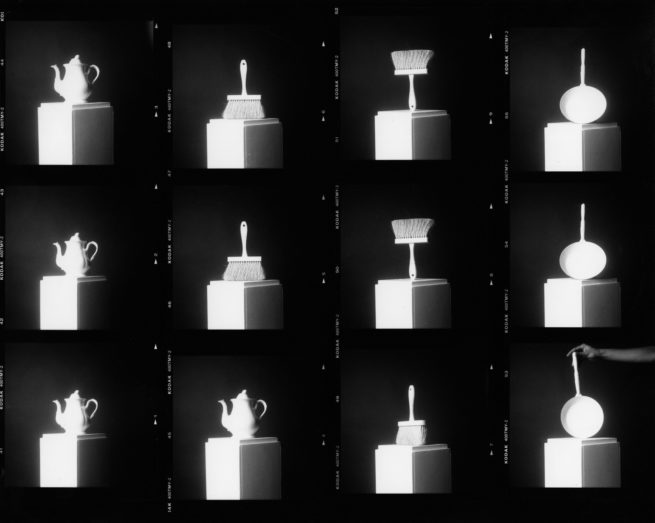
White Objects
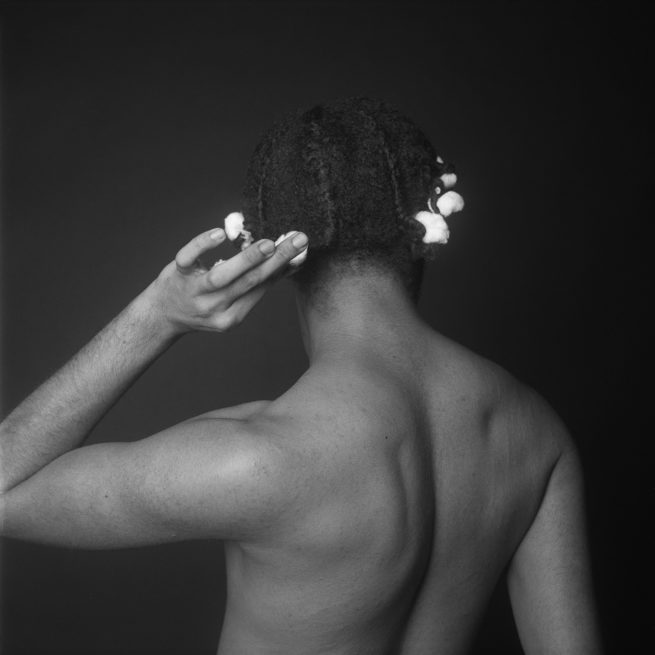
King Cotton
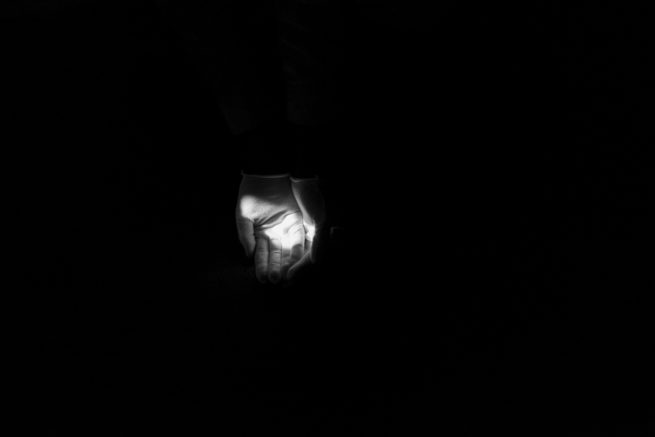
Sunlight of 1827
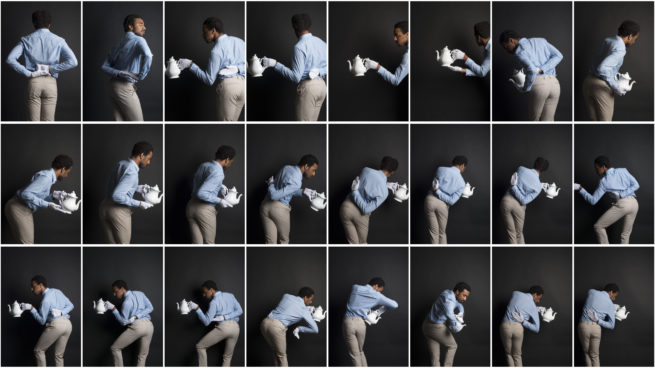
Tea Pouring
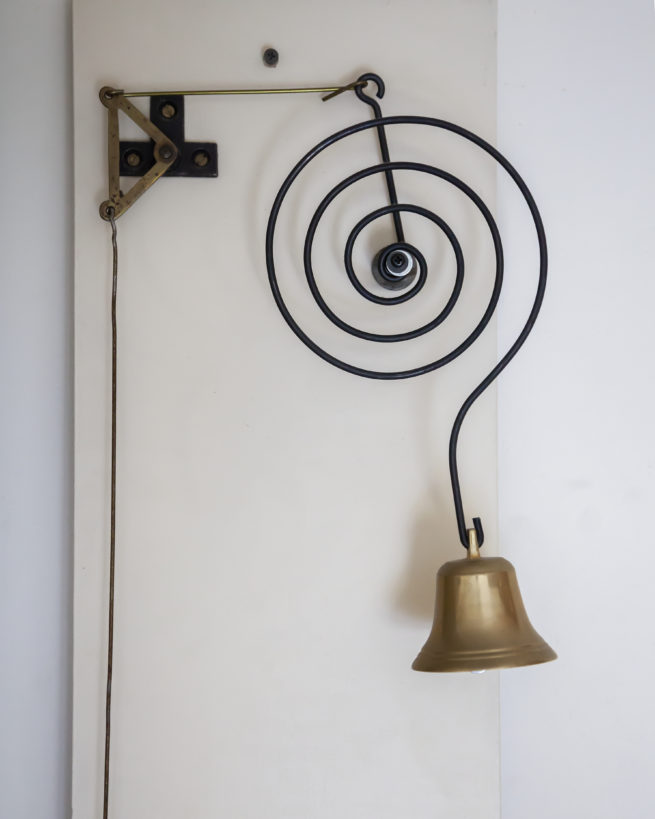
The Servants Bell
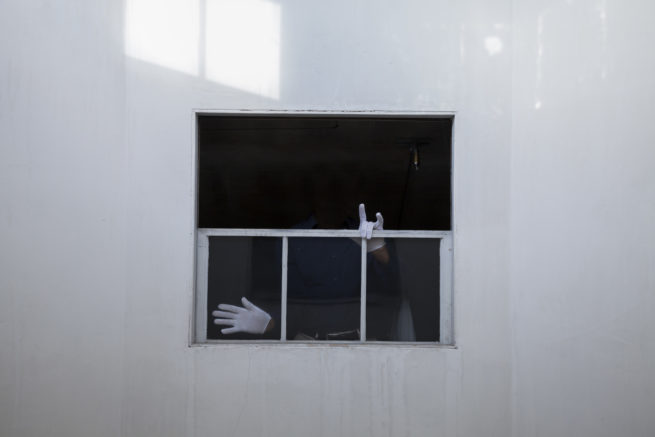
Attic
Jonathan Mark Jackson is a student currently enrolled at Amherst College, pursuing a Bachelors of Art degree within the Art, Architecture & The History of Art department. Since moving to Amherst in 2014, photography has situated itself at the head of Jackson’s creative practice. Through the action of self-portraiture and observational photography, he investigates the personal and political questions surrounding the representation of the body. His work also engages, but is not limited by, the topics of visibility, disappearance, Blackness, organized religion, conflict within the nuclear home, and Art History.” For more info check out his website and Instagram.